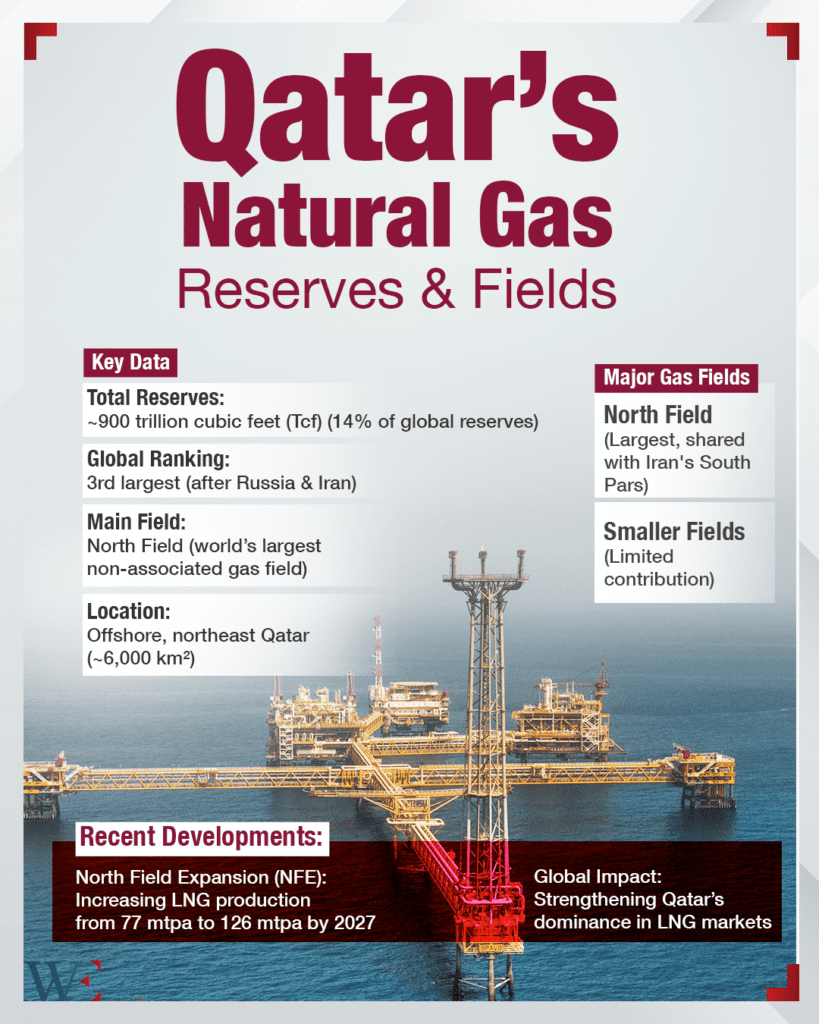In a significant move to alleviate Syria’s chronic energy shortages, Qatar has commenced the supply of natural gas to Syria via Jordan from 13 March 2025. This initiative aims to bolster Syria’s electricity generation, providing much-needed relief to a nation grappling with limited power availability. The agreement, facilitated by the Qatar Fund for Development (QFFD), involves the daily provision of two million cubic meters of natural gas to Syria. This supply is expected to enhance electricity production by approximately 400 megawatts per day, effectively doubling the state-provided electricity from the current two hours to four hours daily. The natural gas is transported to Syria’s Deir Ali power station, located south of Damascus, through the Arab Gas Pipeline that traverses Jordanian territory. This strategic route leverages existing infrastructure to expedite the delivery process.
This initiative is the result of a collaborative effort involving Jordan’s Ministry of Energy, the United Nations Development Program, and the QFFD. The primary objective is to address Syria’s severe electricity shortages and to support the country’s new administration in stabilizing and rebuilding the nation after years of conflict. Syrian Electricity Minister Omar Shaqrouq highlighted the significance of this contribution, stating that it will positively impact citizens’ daily lives and support vital sectors across the country.
Context of the Initiative
Syria has been enduring severe power shortages, with state-supplied electricity available for only two to three hours daily in most regions. The prolonged civil war and subsequent sanctions have severely damaged the country’s electrical grid infrastructure, exacerbating the energy crisis. The recent political changes, including the ousting of former President Bashar al-Assad in December 2024, have led to the formation of a new administration striving to rebuild the nation. The interim government has pledged to improve essential services, with electricity supply being a top priority. The United States has shown support for this energy initiative by issuing a temporary license that eases certain restrictions to facilitate specific transactions, including energy sales. This move indicates ongoing American engagement in Syria and a willingness to support efforts aimed at stabilizing the region.
However, despite a sanctions waiver issued in January allowing for certain transactions, including energy-related ones, there remains uncertainty among Gulf states regarding the provision of official, tangible assistance to Syria due to existing U.S. sanctions. Entities seeking to engage with Syria have requested additional guarantees to ensure compliance with international regulations. The reopening of Damascus International Airport after nearly 13 years symbolizes Syria’s efforts to overcome isolation and reintegrate into the regional community. This development has been accompanied by emotional reunions as exiled Syrians return home, reflecting a cautious optimism about the country’s future.
Additionally, Arab states, led by Saudi Arabia, are actively engaging with Syria’s new administration. These nations are providing humanitarian and energy aid to achieve strategic goals, such as curtailing extremist activities and countering Turkish and Iranian influence in the region. Despite these positive developments, Syria continues to face significant challenges. The country’s economy remains heavily impacted by international sanctions, and basic services like electricity and water are severely lacking. Inflation has drastically devalued state salaries, and the interim government faces a substantial budget deficit. The success of initiatives like the Qatari gas supply depends on the stability and effectiveness of the new administration. Ensuring that aid reaches all segments of society and addressing the concerns of various ethnic and religious groups are crucial for sustainable development.
Qatar’s commencement of natural gas supplies to Syria through Jordan marks a significant step toward alleviating the country’s energy crisis. This initiative not only aims to improve the daily lives of Syrians by increasing electricity availability but also signifies a collaborative effort among regional and international partners to support Syria’s reconstruction and stabilization efforts.


















